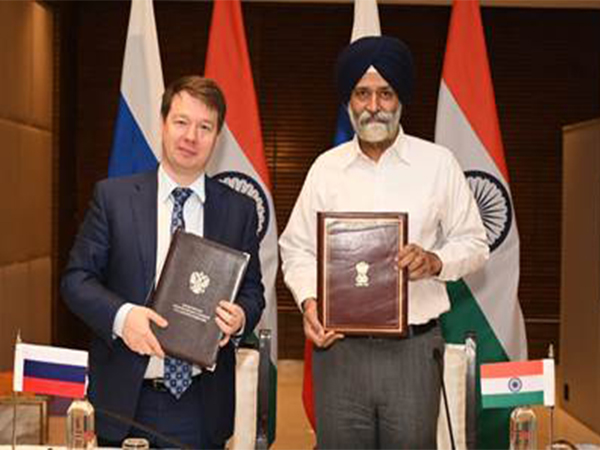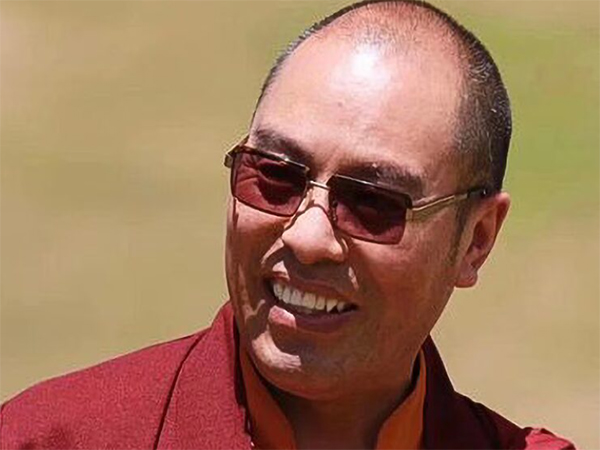Stitching together a legacy of women empowerment: Prastuti employs more than 1,000 women embroiderers from rural India
Sep 11, 2021

New Delhi [India], September 11 (ANI/ATK): It has been over three decades since Prastuti is working towards bringing back the handmade tradition of embroidery to life in a world that thrives on fast fashion.
With an aim to give women a strong foothold in the craft industry, the brand so far has been successful in providing over 1,000 women with employment opportunities by engaging them in the business of intricate hand embroidery that translates into sarees, shawls, and dupatta they craft.
Operating at the helm of sustainability and craftsmanship, Prastuti has three embroidery units in different villages across rural Bengal where women make up their entire karigar workforce. The brand is nurturing a generation of makers by not only providing them adequate training in the craft but also helping them become financially independent. Currently, it has over 300 craftspersons working directly under its supervision at the units.
Prastuti is the brainchild of Deepa Gupta, started in the year 1990 with a vision to empower women of backward and rural areas of West Bengal. Today, the brand is spearheaded by the brother-sister duo of Tanvi and Anshul.
For Anshul Gupta, CEO of Prastuti Designs, the aim is to revive the Indian heritage of traditional miniature embroidery and present it in a contemporary form. "Textiles, embroideries, and weaves are the fabric of Indian culture. These weaves, patterns, motifs, textures, and colours are the dreams, aspirations, and hopes of those who weave them," says Gupta.
Talking about the beauty of the craft and its makers, he further adds, "It's a pure work of art to see a fabric being decorated and the craftswomen working in unison to create a wonderful array of embroidery art."
The design house specializes in two artfully done and delicate forms of embroidery, namely the Petit point and Parsi embroidery. While Petit point is a unique embroidery style originating from Western Europe with stitches so minuscule that they can be compared to a small point, the Parsi style of embroidery has its roots in ancient Persian culture and Silk Road influences which are still seen on their heirloom Garasarees, an amalgamation of cultures resulting in beautiful embroidery and rich motifs.
Link-
This story is provided by ATK. ANI will not be responsible in any way for the content of this article. (ANI/ATK)




















